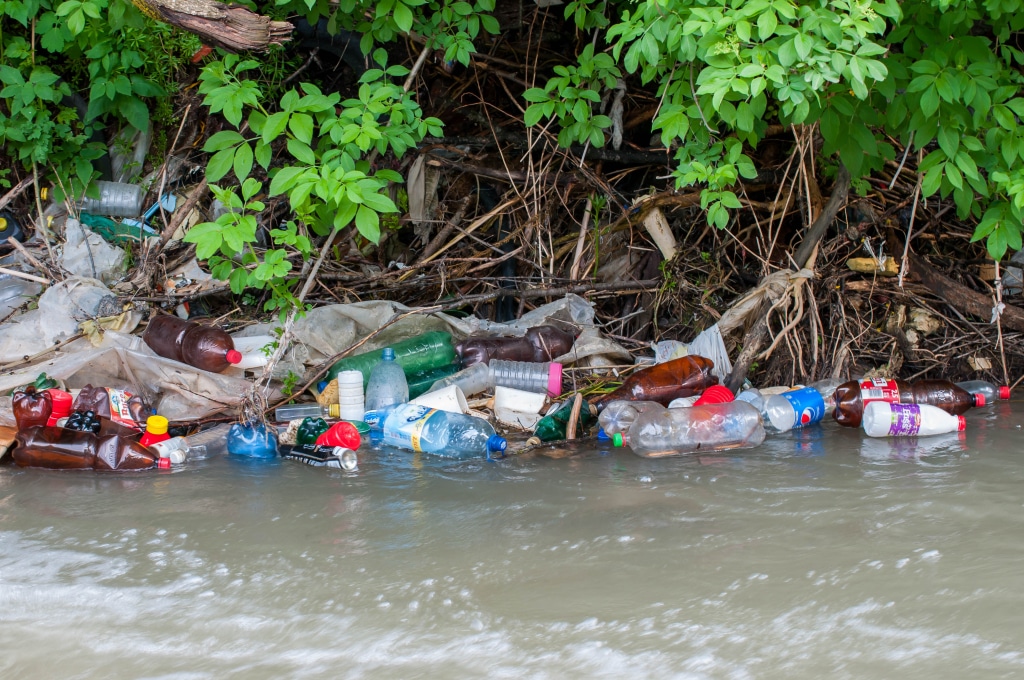Committed to the search for innovative solutions for sustainable development since 2019, the Innovert Company is now launching the transformation of plastic waste into paving stones. According to the Congolese company’s managers, this waste represents a real obstacle to the economy, but also to the development of the population.
Initially, waste from Lake Kivu and the Ruzizi River will be used. For the simple reason that this agglomerated waste represents a danger for the Ruzizi hydroelectric power station, but also for the aquatic ecosystem. To achieve this, Innovert is working with the Lake Kivu and Ruzizi River Basin Authority (Abakir) and the GIZ (German Agency for International Cooperation), which operates locally. The aim is to safeguard the environment, create jobs for the population and promote local economic development.
According to Cécile Balegamire, director of Innovert, recycled plastic paving stones are more durable and easier to maintain. Quoted by the blog deboutrdc.net, she sees plastic waste, which pollutes the environment, as a gold mine that her company can use to produce plastic paving stones, flower pots and art objects that can beautify cities. As for waste collection, Innovert is counting on the involvement of the population by proposing that unemployed young people and older women who are beggars buy back the plastic bottles and bags they have collected.
To date, Lake Kivu and the Ruzizi River appear to the population as a veritable public dumping ground. The company plans to use this waste to boost the economy of this region of the Democratic Republic of Congo and restore its former glory. Like other plastic waste recycling initiatives that are developing all over Africa, and which AFRIK 21 regularly reports on.
Habib Tizi
